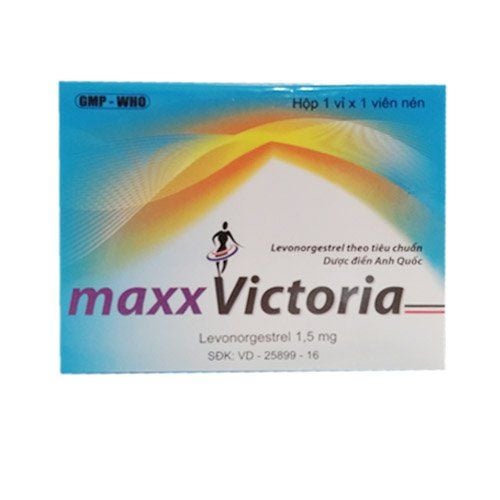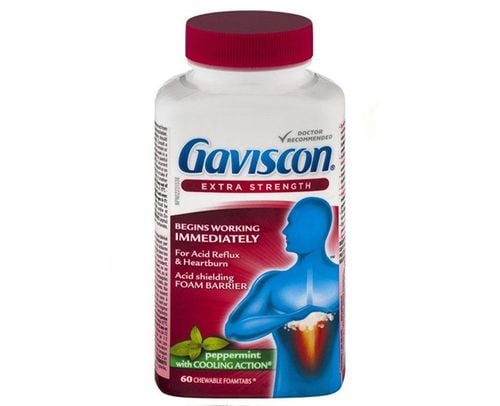This is an automatically translated article.
Wormwood, also known as wormwood, is an herb prized for its scent and health benefits. Wormwood has many benefits such as reducing pain and inflammation, fighting stress, oxidation and parasites. Wormwood products come in many different forms such as herbal teas, tinctures, essential oils, ointments, and lotions. Detailed information about Wormwood is presented in the article below.1. Learn about Wormwood
Wormwood is wormwood, also known as green wormwood, scientific name Artemisia absinthium L., a species of the genus Wormwood.
Wormwood is a perennial shrub native to Europe. The leaves are fragrant and bitter, and the branched stems are densely hairy and silky. The tree has fibrous roots and grows to about 1.2m tall. The plant has flowers that bloom from July to August, which are green or yellow and arranged in large, spiky flowers. The leaves are gray-green. Small leaves and stems no more than 4 mm thick are used medicinally.
Wormwood is often used as an essential oil or herbal tea.
Wormwood ingredients:
Wormwood contains anabsinthin, absinthin, resin and organic acids. The bitter taste is mainly due to the glucosides absinthin and anabsinthin. The compound Thujone occurs in two forms, alpha and beta-thujone, differing at the molecular level, with alpha-thujone being considered more toxic. Thujone works to stimulate your brain by blocking gamma aminobutyric acid (GABA), a substance that has a calming effect on the central nervous system. Thujone can be toxic. Wormwood contains small amounts of thymol and carvacrol, as well as other phenolic compounds with potent antioxidant and free radical scavenging effects.
2. What are the uses of Wormwood?
Wormwood uses for human health are as follows:
Can soothe pain: Wormwood has long been known for its pain-relieving and anti-inflammatory properties, such as osteoarthritis, arthritis pain. Can Eliminate Parasites: Since ancient Egypt, wormwood has been used to treat intestinal worms. This use is due to the compound Thujone. Animal studies indicate that Wormwood may fight tapeworms and other parasites. Can resist oxidation thanks to the compound chamazulene. Artemisinin can fight inflammation. May help relieve Crohn's disease. In a study in 40 adults with the condition, those taking a 500mg supplement of wormwood three times daily had fewer symptoms and a reduced need for steroids after eight weeks, compared with those in the control group. Used to treat anorexia, indigestion, biliary dysfunction. Used as a flavoring agent. Antifungal effect: The essential oil inhibits the growth of Candida albicans and Saccharomyces cerevisiae. Antibacterial effect. The essential oil had antibacterial activity against Escherichia coli, Salmonella enteritidis, Pseudomonas aeruginosa, Klebsiella pneumoniae, Staphylococcus aureus, C. albicans and Aspergillus niger. Anti-hemolytic effect.
3. Dosage and usage of Wormwood
Dosage:
Due to lack of research, there are no specific dosage guidelines for Wormwood. No toxic effects were noted for plant extracts at doses up to 1.6g/kg. Usage:
Stems, leaves and flowers of wormwood are often dried to make tea. Extracted essential oils of the tree can be used to create incense, make tinctures, and ointments. Extracts from the plant can also be made into skin care products.
4. Contraindications of Wormwood
Avoid using Wormwood for people who are hypersensitive to any component of the plant, especially essential oils. Wormwood should not be given to people with an underlying defect in heme synthesis in the liver.
5. Wormwood side effects
When taken orally, the Thujone in the plant can cause seizures, kidney failure, vomiting, and other serious side effects. The volatile Thujone oil induces a state of euphoria. If you eat a lot, you can get drunk, thirst, restlessness, dizziness, trembling limbs, paralyzed limbs, delirium and possibly death. When applied to the skin: Plant extracts are POSSIBLY SAFE as an ointment.
6. Notes when using Wormwood
Do not apply wormwood directly to the skin, as the compounds are too concentrated and can lead to burning and pain. If you are pregnant, do not take wormwood, as it can cause a miscarriage. Nursing women and children should avoid using Wormwood due to lack of safety information. The compound Thujone stimulates the brain and causes seizures. Taking wormwood may increase the risk of kidney failure. If you are allergic to plants in the Asteraceae family, such as ragweed and marigolds, you may also be allergic to wormwood. Taking wormwood in high doses can lead to digestive upset, kidney failure, nausea, vomiting, and convulsions. Very large amounts of Wormwood can be fatal, however a lethal dose has not been determined. The thujone in wormwood essential oil may increase porphyrin production, making porphyria worse. Wormwood should not be taken regularly for more than 4 weeks. The safety and side effects of wormwood are still unknown.
7. Wormwood's Interactions
Wormwood may decrease the effectiveness of common anticonvulsants, such as Gabapentin and Primidone. Theoretically, the plant could affect the effectiveness of antacids, histamine receptor antagonists, proton pump inhibitors, and sucralfate. Taking Wormwood with Warfarin may cause intestinal bleeding. Wormwood is also known as wormwood, green wormwood. Wormwood is a medicinal plant with many uses, widely used in indigenous medicine. However, before using Wormwood you should consult a doctor to ensure your own safety.













